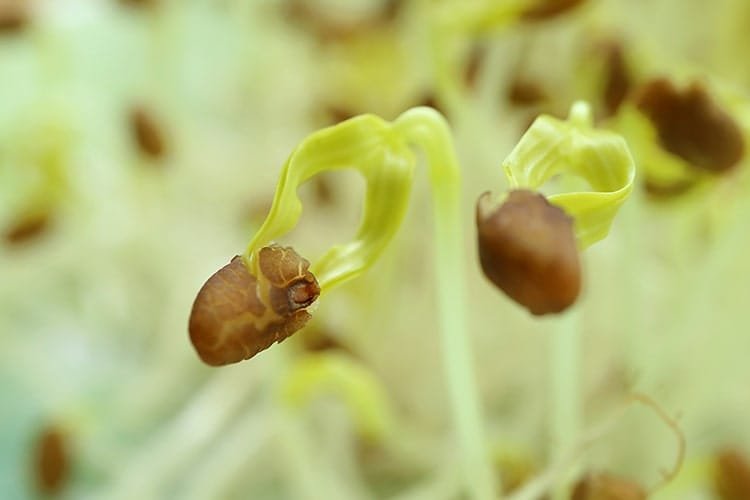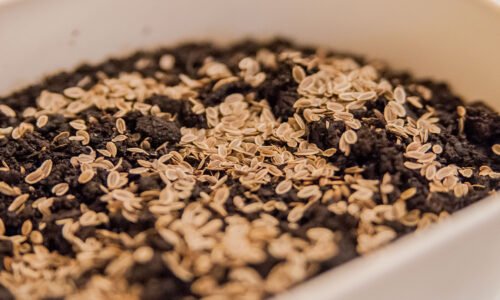
Nucleus Seed
In general, a nucleus is a membrane-bound organelle found in eukaryotic cells that contains the cell’s genetic material in the form of DNA. The nucleus is essential for the control of gene expression and cell division.
As for seeds, the nucleus of a plant cell is typically located within the seed’s embryo, which is the part of the seed that can develop into a new plant. The nucleus contains the genetic material necessary to produce a new plant, and plays a critical role in the growth and development of the plant.
If you have more information or context about the term “nucleus seed,” please let me know and I will do my best to provide a more accurate answer.
What is Nucleus Seed
It is the initial amount of pure seed of improved variety or parental lines of a hybrid produced under supervision of the plant breeder who has evolved that variety of hybrid. The nucleus seed is genetically cent percent pure and does not contain other physical impurities. The nucleus seed is produced strictly under isolation so as to avoid both genetically and physical contamination. Nucleus seed should retain original vigour of the variety or parental line.

There are two main types of seed based on the type of nucleus
Gymnosperms are plants whose seeds do not have a protective outer covering or fruit. The seeds of gymnosperms are naked and exposed. The nucleus of the seed is not enclosed in a separate chamber, but instead is embedded in the seed tissue. Examples of gymnosperms include conifers, such as firs, as well as cycads and ginkgo trees.
Angiosperms are plants whose seeds are enclosed within a protective ovary, which develops into a fruit. The nucleus of the seed is located within the embryo sac, which is itself enclosed within the ovule. Angiosperms are the most diverse and widespread group of plants, and include familiar species such as flowering trees and shrubs, fruits and vegetables.